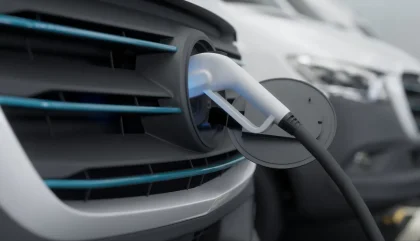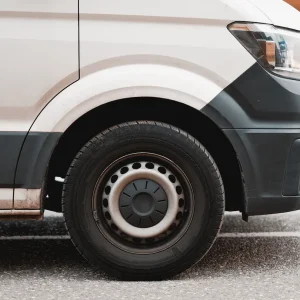
The UK Government should consider a ‘plan B’ for the electric van market in the event that sales figures do not hit official targets, according to Fleetcheck.
The software firm’s CEO Peter Golding explained that the year-to-date zero-emission van market share of 9% was well below the 2025 ZEV mandate target of 16%, with the latter figure then set to rise to 24% for 2026.
Golding said: “Fleet resistance to electric vans remains high for reasons of range, payload, charging speed and charger availability that are not easily solved.
“It’s not like the electric car market where lower prices and higher incentives can be used to overcome consumer resistance – electric vans are simply not fit for purpose for many operators.
“There is no step change improvement in electric van technology on the horizon to remove these inherent problems and we hear from many of our fleet customers that as new diesel van availability decreases, they are simply planning to keep their old vehicles on the road as long as possible.”
Golding said that these issues meant there were likely to be substantial shortfalls against government targets both this year and next.
He said: “The government appears to be setting itself up for failure and it seems to us that a Plan B is needed in the instance that the ZEV mandate for the van market simply doesn’t work.
“There is little point in having a scheme designed to promote zero emissions that is leading fleets to dig in their heels and hang onto their existing diesels for longer. At some point, we have to acknowledge the current approach isn’t working.”
Golding suggested that other technologies such as range-extenders, plug-in hybrids, and hydrogen vans could be considered for government support, at a lower level to pure EVs.
He said: “That could create substantial improvements in overall carbon emissions and allow fleets to keep operating efficiently.”





